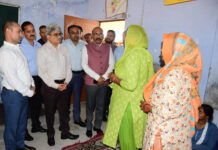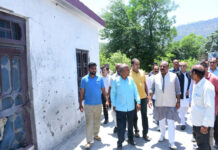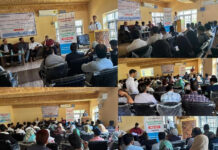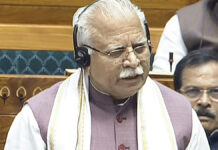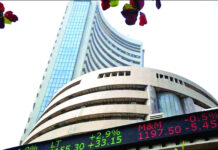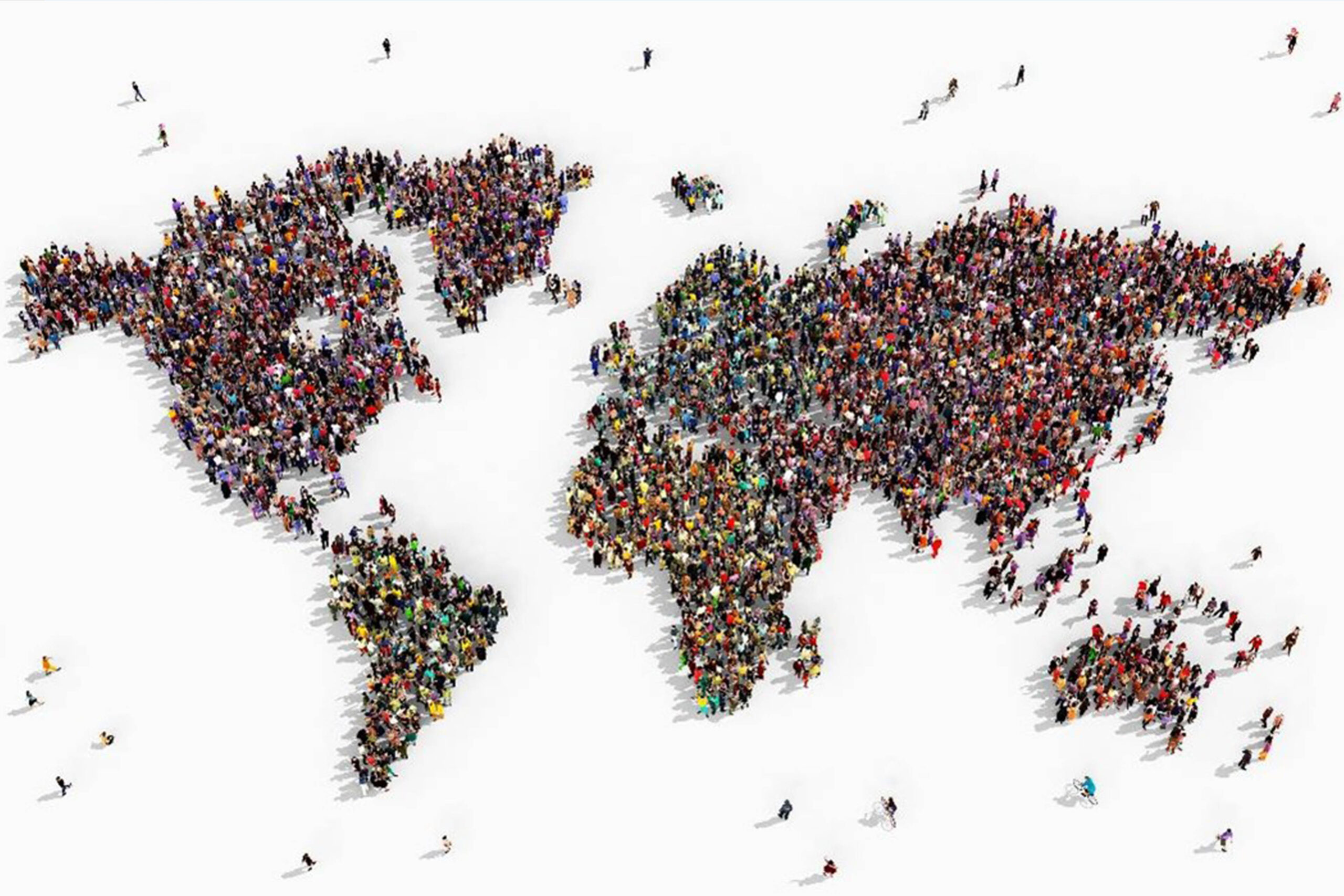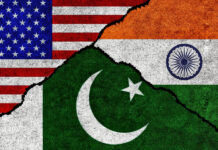UNITED NATIONS: The COVAX vaccine facility expects to deliver COVID-19 doses to all participating economies that have requested it in the first half of the year despite reduced supply availability as well as increased demand for the jabs in India, according to the World Health Organisation.
The COVAX facility, which is a global initiative to ensure COVID-19 vaccines are available worldwide, has now delivered life-saving vaccines to over 100 economies since making its first international delivery to Ghana on February 24, 2021. So far, more than 38 million doses across six continents, supplied by three manufacturers, AstraZeneca, Pfizer-BioNTech and the Serum Institute of India (SII) have been delivered. Of the over 100 economies reached, 61 are among the 92 lower-income economies receiving vaccines funded through the Gavi COVAX Advance Market Commitment (AMC). COVAX aims to supply vaccines to all participating economies that have requested vaccines, in the first half of 2021, despite some delays in planned deliveries for March and April, a news release from the World Health Organisation (WHO) said on Thursday.
Despite reduced supply availability in March and April the result of vaccine manufacturers scaling and optimizing their production processes in the early phase of the rollout, as well as increased demand for COVID-19 vaccines in India COVAX expects to deliver doses to all participating economies that have requested vaccines in the first half of the year, the release said. According to its latest supply forecast, COVAX expects to deliver at least two billion doses of vaccines in 2021. In order to reach this goal, the COVAX facility will continue to diversify its portfolio further, and will announce new agreements with vaccine manufacturers in due course, the WHO release added. An additional two billion dollars is required this year to finance and secure up to a total of 1.8 billion donor-funded doses of vaccines. COVAX is also working to secure additional sourcing of vaccines in the form of dose-sharing from higher income countries.
Last month, Gavi the Vaccine Alliance, the leading on procurement and delivery for COVAX, had said in a statement that deliveries of COVID-19 vaccines produced by the Serum Institute of India (SII) to lower-income economies participating in the COVAX Facility will face delays during March and April as the Government of India battles a new wave of COVID-19 infections. COVAX and the Government of India remain in discussions to ensure some supplies are completed during March and April. The Gavi statement of March 25 had said that according to the agreement between Gavi and SII, which included funding to support an increase in manufacturing capacity, SII is contracted to provide COVAX with the SII-licensed and manufactured AstraZeneca -Oxford vaccine (known as Covishield) to 64 lower-income economies participating in the Gavi COVAX AMC (including India), alongside its commitments to the Government of India. As of late March, 28 million Covishield doses had been supplied to COVAX and it was expecting an additional 40 million doses to be available in March, and up to 50 million doses in April.
COVAX has notified all affected economies of potential delays. SII has pledged that, alongside supplying India, it will prioritise the COVAX multilateral solution for equitable distribution, the Gavi release had said. WHO Director General Tedros Adhanom Ghebreyesus said in the statement issued by the global health agency that COVAX has given the world the best way to ensure the fastest, most equitable rollout of safe and effective vaccines to all at-risk people in every country on the planet and If we are going to realise this great opportunity, countries, producers and the international system must come together to prioritise vaccine supply through COVAX. Our collective future, literally, depends on it. UNICEF Executive Director Henrietta Fore said that while in just a month and a half, the ambition of granting countries access to COVID vaccines is becoming a reality thanks to the work of the COVAX Facility, this is no time to celebrate but to accelerate. With variants emerging all over the world, we need to speed up global rollout. To do this, we need governments, along with other partners, to take necessary steps to increase supply, including by simplifying barriers to intellectual property rights, eliminating direct and indirect measures that restrict exports of COVID-19 vaccines, and donating excess vaccine doses as quickly as possible. COVAX, the vaccines pillar of the Access to COVID-19 Tools (ACT) Accelerator, is co-convened by the Coalition for Epidemic Preparedness Innovations (CEPI), Gavi, the Vaccine Alliance) and the WHO working in partnership with UNICEF as key implementing partner, developed and developing country vaccine manufacturers, the World Bank, and others.
It is the only global initiative that is working with governments and manufacturers to ensure COVID-19 vaccines are available worldwide to both higher-income and lower-income countries.



